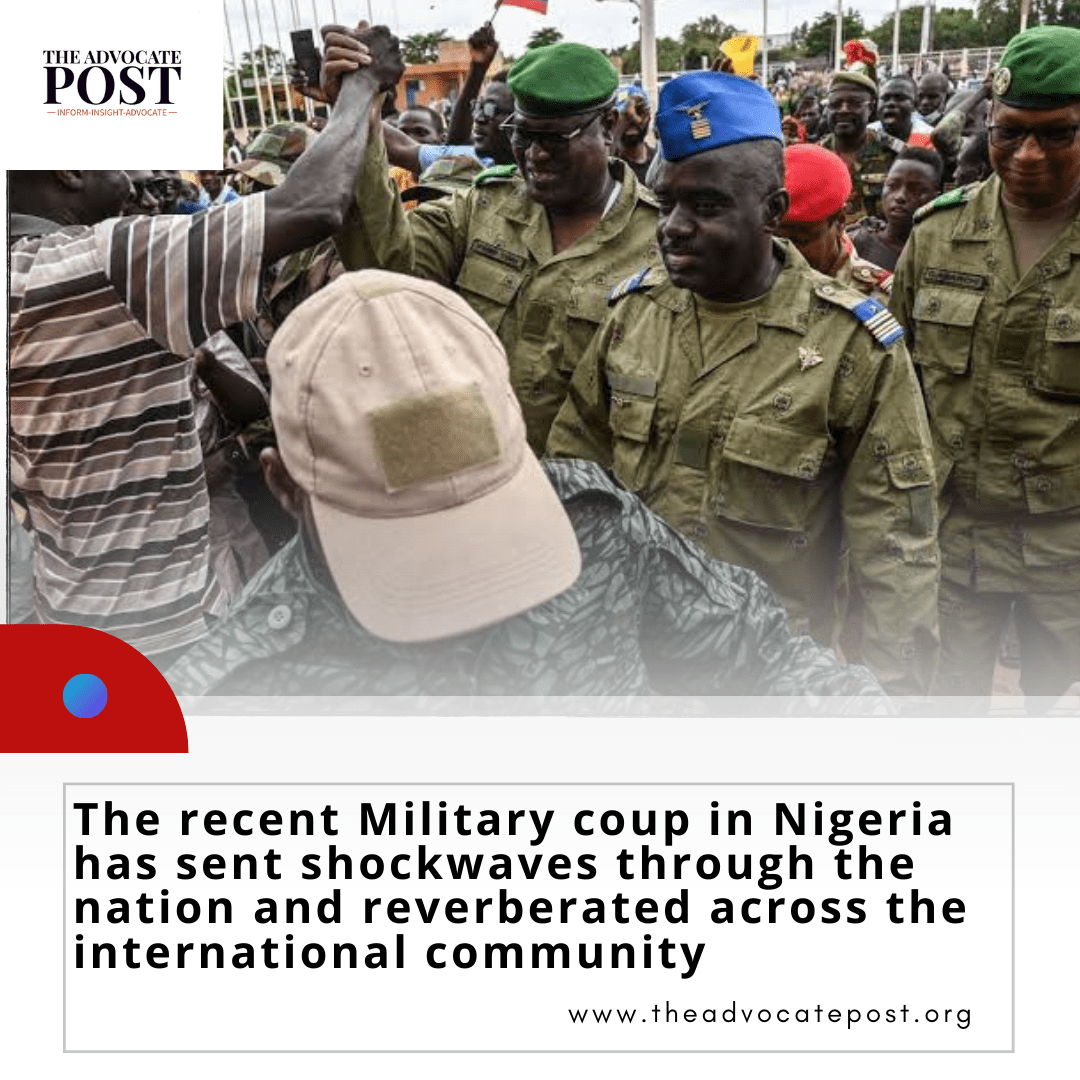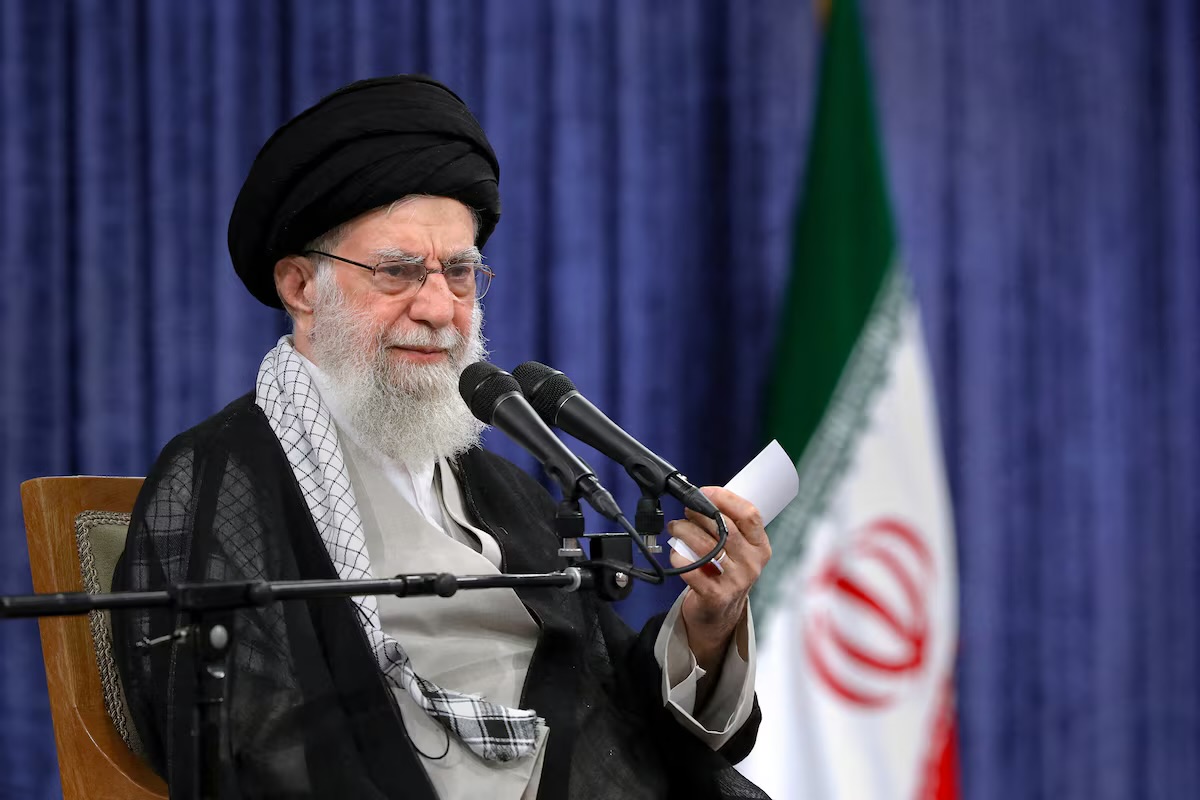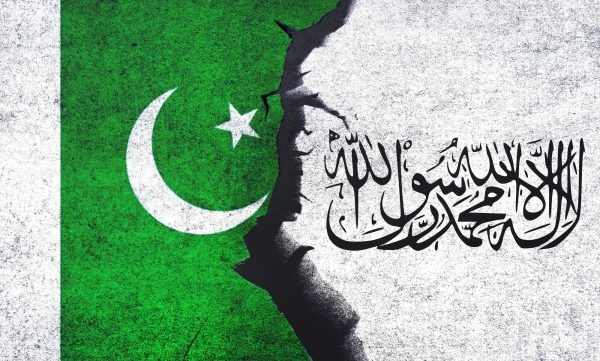Introduction:
The recent military coup in Niger, orchestrated by the Presidential Guard, has sent shockwaves through the nation and reverberated across the international community. As the country grapples with a surge in political instability, this blog delves into key trends, underlying discontent, and potential consequences surrounding this pivotal event.
Key Trends in Niger’s Security Landscape:
Niger’s struggle against jihadist activity since 2018 has been relentless, with 2021 marking a record year for violence, characterized by escalating fatalities. While political violence incidents surged in 2022, a paradoxical decline in lethality was observed, culminating in an overall reduction in fatalities. Encouragingly, the first half of 2023 saw a decline of 39% in political violence incidents, along with a notable 49% drop in attacks on civilians and a 16% decrease in resulting fatalities. This trend underscores the tireless efforts of the Nigerian security forces in countering insecurity.
The Military Coup Unveiled:
On July 26, 2023, Niger witnessed a seismic shift as the Presidential Guard executed a coup, detaining President Mohamed Bazoum and his family. The National Council for the Safeguarding of the Homeland (CNSP), comprising senior defense and security forces officers, swiftly seized power, sparking mixed public reactions. Despite international condemnation, including from key players like the United States, France, and ECOWAS, the junta’s actions plunged Niger into uncharted territory. The subsequent alignment of the Nigerien Armed Forces with the CNSP created an intricate dynamic, highlighting the complex web of domestic and regional interests at play.
Potential Consequences and Ramifications:
The coup’s aftermath paints a multifaceted picture, fraught with challenges and uncertainties. The junta’s ability to consolidate power faces opposition from both international stakeholders and segments of Niger’s population. The threat of domestic unrest, a surge in militant activities, democratic backsliding, and economic repercussions looms large. The junta’s rule could deepen regional divides, potentially leading to a fragmentation of the West African bloc. The delicate balance between stability and upheaval teeters, raising concerns about Niger’s future trajectory.
Underlying Discontent and Palace Politics:
Niger’s coup, while echoing regional trends, is rooted in intricate palace politics and underlying dissatisfaction within the defense forces. General Abdourahamane Tchiani’s leadership of the coup reveals simmering tensions within the military hierarchy, possibly exacerbated by the regime’s stance on issues ranging from regional partnerships to military strength. This coup underscores the fragility of political equilibrium and the intricate interplay of power dynamics.
Conclusion:
Niger’s recent military coup has illuminated the complex tapestry of factors driving political upheaval. As the nation grapples with domestic unrest, international pressure, and evolving regional dynamics, the path ahead remains uncertain. The consequences of this coup reverberate beyond Niger’s borders, raising questions about regional stability and the future of democratic governance in the Sahel.
by Ali Ajmal (Pakistan)





